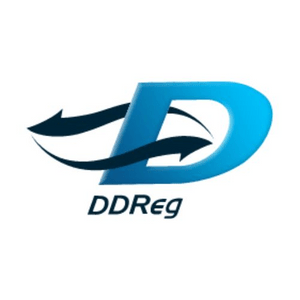Introduction
The United Kingdom has long been a hub for pharmaceutical research and development, boasting a robust regulatory framework and a commitment to ensuring the safety and efficacy of drugs and medical products. Regulatory Services and pharmacovigilance play a critical role in this process, providing oversight and monitoring to protect public health. In this blog post, we will explore the world of regulatory and pharmacovigilance services in the UK, discussing their importance, key players, and recent developments.
The Importance of Regulatory Services
Regulatory services in the UK are responsible for overseeing the approval, quality, and safety of pharmaceuticals and medical devices. These services are essential for several reasons:
1. Patient Safety: Ensuring the safety and efficacy of drugs and medical products is paramount. Regulatory agencies review clinical trial data, conduct inspections, and set quality standards to protect patients from harm.
2. Market Access: Regulatory approvals are necessary for pharmaceutical companies to bring their products to market. This process ensures that only safe and effective treatments are available to healthcare professionals and patients.
3. Compliance: Companies must adhere to regulations to maintain their licenses and continue marketing their products. Regulatory Consulting help companies stay compliant with evolving laws and guidelines.
Key Regulatory Bodies
In the UK, several key regulatory bodies oversee different aspects of the pharmaceutical and medical device industry:
1. Medicines and Healthcare Products Regulatory Agency (MHRA): MHRA is the primary regulatory strategies responsible for medicines, medical devices, and blood components in the UK. It assesses product safety and efficacy, issues marketing authorizations, and monitors product safety post-approval.
2. National Institute for Health and Care Excellence (NICE): NICE provides guidance on the use of health technologies, including medicines, medical devices, and diagnostics, within the National Health Service (NHS).
3. Health and Safety Executive (HSE): HSE regulates and provides guidance on occupational health and safety, including the safe handling of hazardous pharmaceutical substances.
Pharmacovigilance is the science and activities related to the detection, assessment, understanding, and prevention of adverse effects or any other drug-related problems. In the UK, pharmacovigilance services are crucial for monitoring the safety of drugs and vaccines after they are on the market. These services collect and analyze data on adverse events, allowing for the identification of potential risks and the development of risk mitigation strategies.
Recent Developments
1. Brexit Impact: With the UK's exit from the European Union, there have been changes in regulatory procedures. Companies must navigate the new regulatory landscape and adapt to UK-specific requirements.
2. COVID-19 Response: The UK has been actively involved in responding to the COVID-19 pandemic. Regulatory gap analysis expedited the approval process for vaccines and treatments while maintaining safety standards.
3. Digital Transformation: Regulatory and pharmacovigilance services are increasingly leveraging digital technologies for data collection, analysis, and reporting. This digital transformation is streamlining processes and improving efficiency.
Conclusion
Regulatory and pharmacovigilance services in the UK are vital components of the healthcare system, ensuring the safety, quality, and effectiveness of pharmaceuticals and medical devices. As the industry continues to evolve, staying informed about the latest developments and regulatory duw diligence is crucial for pharmaceutical companies, healthcare professionals, and patients alike. The commitment to patient safety and the pursuit of innovation make the UK a key player in the global pharmaceutical landscape.

